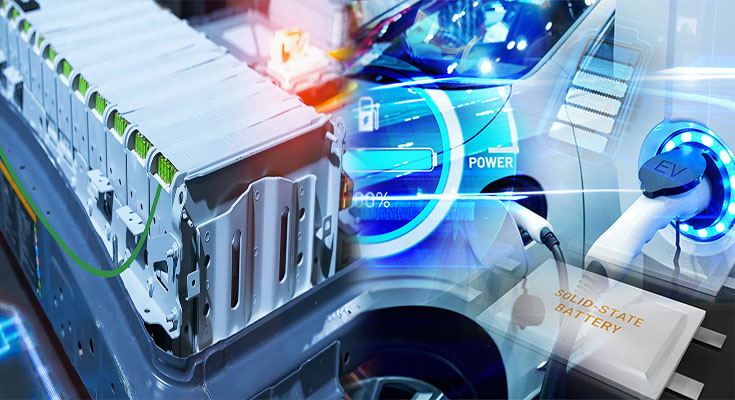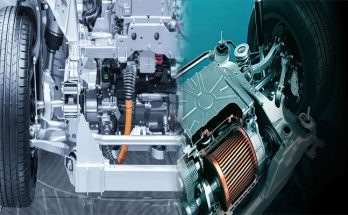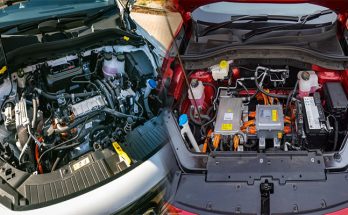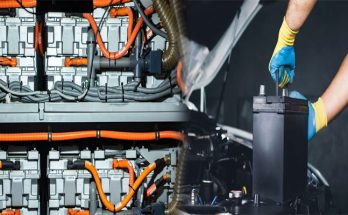The development of electric vehicles (EVs) has gained significant momentum in recent years, promising a more sustainable and efficient mode of transportation. Central to this progress is the advancement of electric car battery technologies. In this article, we will explore and compare two prominent battery technologies: lithium-ion and solid-state batteries.
Lithium-ion Batteries
Lithium-ion batteries have become the industry standard for EVs due to their high energy density, reliability, and cost-effectiveness. These batteries consist of lithium-ion cells that store and release electrical energy through a reversible chemical reaction.
Advantages of Lithium-ion Batteries
- Energy Density: Lithium-ion batteries offer high energy density, allowing for a longer driving range per charge. This translates to a greater mileage and improved convenience for EV owners.
- Rapid Charging: Compared to other battery technologies, lithium-ion batteries can be charged relatively quickly, reducing the downtime for charging.
- Established Infrastructure: The widespread use of lithium-ion batteries in various electronic devices has resulted in the establishment of a mature infrastructure for their production, recycling, and disposal.
Limitations of Lithium-ion Batteries
- Safety Concerns: Overheating or overcharging lithium-ion batteries can cause thermal runaway, leading to fires or explosions. While safety measures have significantly improved, this remains an area of concern.
- Limited Lifespan: Repeated charging and discharging of lithium-ion batteries can cause their capacity to degrade over time, leading to reduced efficiency and range.
Solid-State Batteries
Solid-state batteries are a promising next-generation technology gaining attention in the EV industry. These batteries rely on solid electrolytes instead of liquid or gel electrolytes found in lithium-ion batteries.
Advantages of Solid-State Batteries
- Enhanced Safety: Solid-state batteries have a much lower risk of thermal runaway due to their solid-state electrolytes. This makes them inherently safer than lithium-ion batteries.
- Higher Energy Density: Solid-state batteries have the potential for significantly higher energy density, allowing for increased driving range and improved performance.
- Faster Charging: The unique design of solid-state batteries enables faster charging times, reducing the dependency on slow charging infrastructures.
Challenges of Solid-State Batteries
- Manufacturing Complexity: The production of solid-state batteries is more complex compared to lithium-ion batteries. Developing scalable manufacturing techniques remains a challenge.
- Cost: Solid-state battery technology is currently more expensive to produce, hindering its widespread adoption in the automotive industry.
- Durability: The durability and long-term reliability of solid-state batteries are still under investigation. Ensuring their performance over extended periods and various conditions is crucial.
Lithium-ion batteries have revolutionized the EV industry and are currently the primary choice for electric car manufacturers. They offer a balance of performance, cost-efficiency, and established infrastructure. However, solid-state batteries hold the potential to overcome the limitations of lithium-ion technology, including safety concerns and energy density.
As with any evolving technology, further research and development are required to address the challenges of solid-state batteries and bring them to the mainstream market. While lithium-ion batteries continue to dominate, solid-state batteries are a promising development that could revolutionize the electric car industry, making EVs safer, more efficient, and environmentally friendly.





